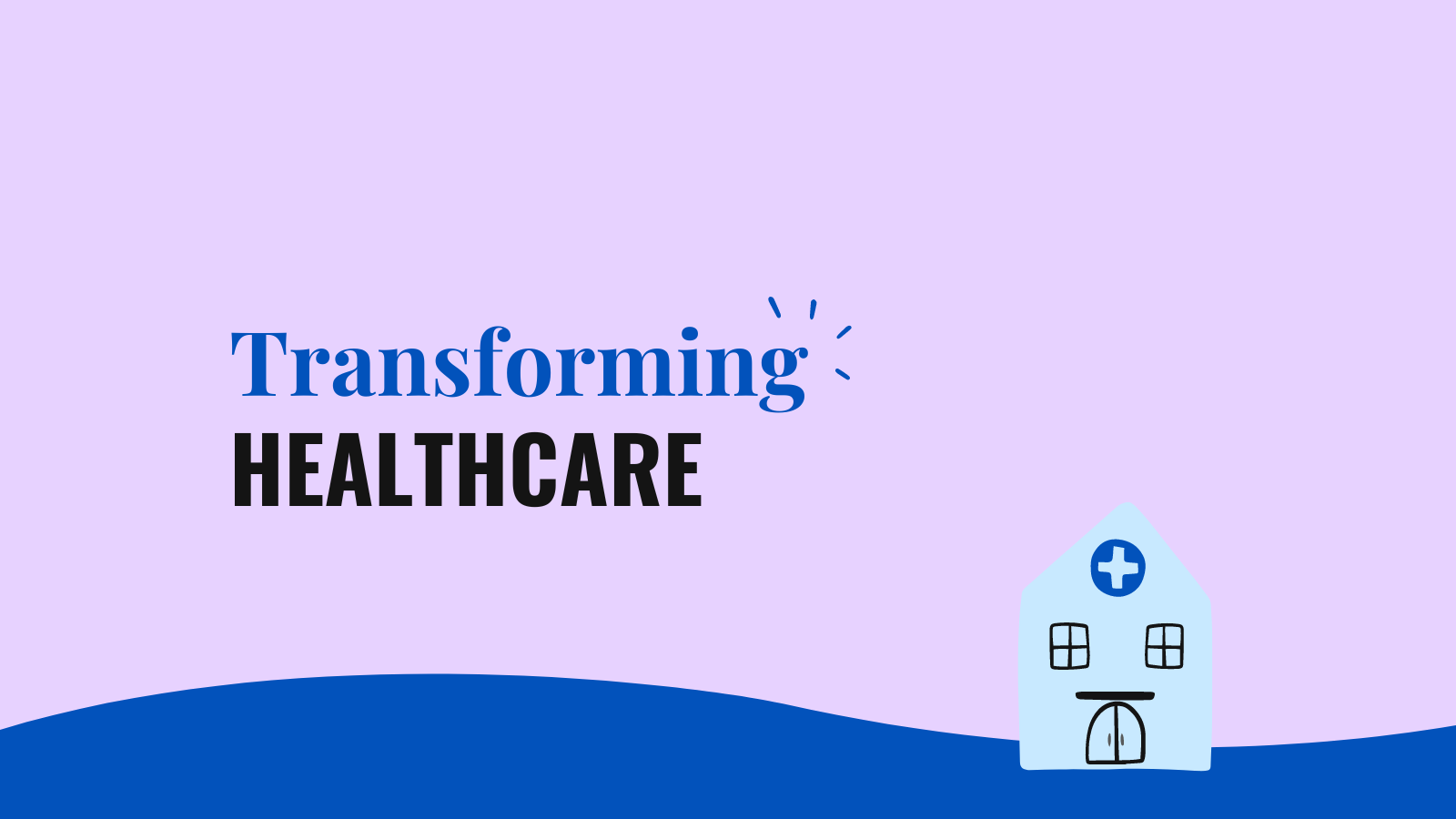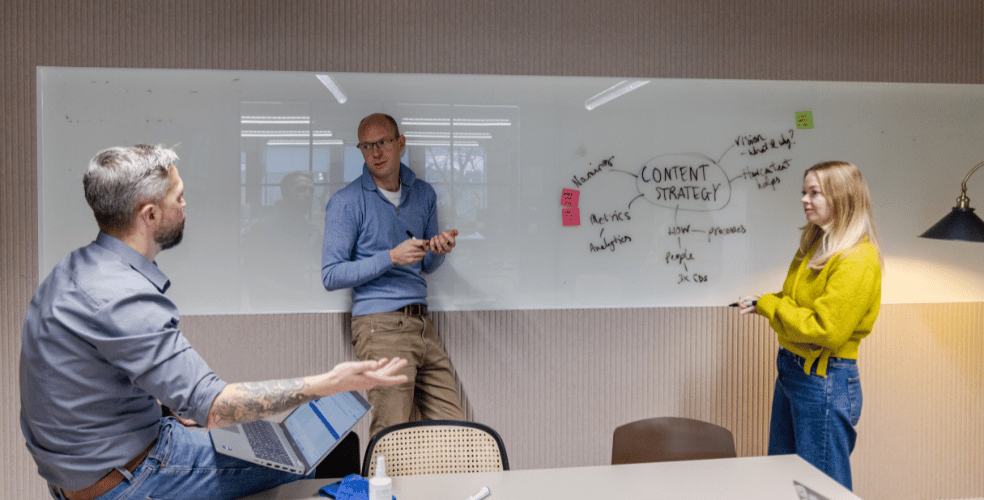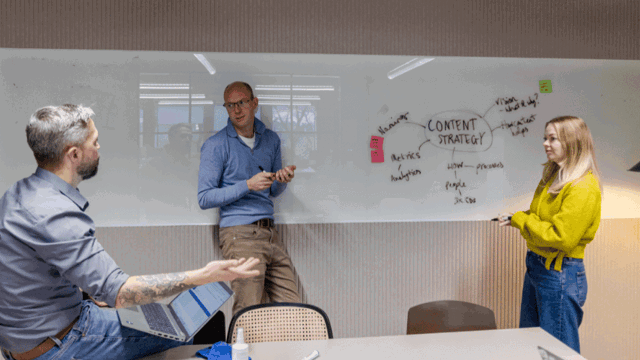As the UK begins to relax restrictions and shift more into recovery, we have an urgent mandate. Particularly now, given the prospect of government structures being rapidly re-engineered, policies passing with little to no democratic debate, an outpouring of community action to help each other over the past two months and national and global unrest, this is the time to not just build back better, but entirely differently.
We have within our grasp, the opportunity for true radicalism in rethinking our public institutions right now. A limited window to reimagine the systems and structures, of how they’re organised and our ways of working, to shape future economic, social and political structures.
CTRL+ALT+DEL on old ways of working
In many senses, the public sector and community organisations don’t exist as they did before. Everything has fragmented. Yet those same organisations have achieved remarkable results, proving the potential for distributed, proactive early help and community resilience.
We’ve stretched and grown as communities of people connected virtually around a clear and shared purpose with the permission to deliver. Soon, an elastic force will pull us back into a more familiar form. So how can we think deliberately right now about identifying the parts we want to keep and where we want to design entirely new operating models?
We need to rebuild trust
There have been profound shifts in trust of public institutions, ‘the state’ and each other. In many places, local social capital is at an all-time high. Acts of kindness and the proliferation of mutual aid groups remind us we are communities of connected individuals and families. The hyperlocal knowledge of the town and parish councils has accelerated mutual aid formation, whilst local authorities led the shield response, successfully distributing decision-making across sectors and communities to ensure the isolated and vulnerable were safe, fed and connected.
But we’ve also seen legitimate indignation when government advisors are seen to have applied different rules and judgements for themselves. Or multiple accounts of no follow up engagement for the 750,000+ people who stepped forward as volunteers. The defining silence of the past eight weeks has been the voices and accounts of the most vulnerable and socially disenfranchised. What’s the impact of such gestures on our trust in central government and the state?
In their wake, local public institutions become critical in repairing fractured trust in adversely affected communities and supercharging the boost in community mindedness in others. Unless we fundamentally restructure and redistribute power and opportunity, the economic consequences already in motion will decimate communities, livelihoods and social cohesion.
We need to address social and economic inequality
Covid-19 has exposed deep social and economic inequalities in our society we can no longer ignore.
Its effects are unevenly and unfairly distributed, disproportionately impacting the vulnerable and marginalised, BAME communities and people who do not have or cannot access the basic necessities we too often take for granted: stable well-paid work, secure housing and the financial means and resilience to cope in a crisis.
Covid-19 has also widened the digital divide. We’re making big assumptions about the levels of access and the levels of digital literacy needed to participate in a digital world, which is seeing delays in basic need support for the most vulnerable and isolated and threatening an entire generation of school children whose families cannot access teaching resources.
This disparity threatens to deepen further as lockdown eases and the prospect of an economic depression looms. Emergency powers and repurposed hotels have helped stem Covid-19 transmission amongst the already homeless, but an emergency response cannot fix the supply of affordable housing. Eventually, people will have to leave that shelter. And as whole sectors and industries are threatened and more people face uncertain employment, compounded by the emotional and psychological strain of stretching to pay bills, pay rent and feed families, more people will need support as early as we can provide it.
As new long term government structural changes take shape, we have to purposefully accelerate human-centric reform, supporting social policies that enable inclusive economies.
We need to address our health and social care system
The pandemic has exposed deep cracks within the foundation of our health and social care system. Delays in access to PPE and testing kits, residential care homes operating within the tightest of margins, the minimum wage for people providing front line of care, all in addition to the emotional and mental health toll of extended and possibly repeated cycles of lockdown, ease, repeat, revealing and placing further strain on an already stretched system.
At the same time, we’ve seen unprecedented mobilisation of activity and resources to plug those gaps and understand where digital technologies, services and new ways of working can make a fundamental difference. Six weeks in, initial Child and Adolescent Mental Health Services (CAMHS) appointments were offered via WhatsApp and phone. In North East London, clinicians can now access a single dashboard view of PPE stocks using a tool that was rolled out to acute settings within two weeks. How can digital, new ways of working and this rapid delivery support us all to implement the kinds of technology that will truly benefit staff and citizens alike?
We need to get back to focusing on the climate
The internet, Covid-19 and climate are the defining, disruptive challenges of our generation. What differentiates them is the comparative abruptness, speed and scale of this pandemic’s impact on our systems, economies and lives.
Almost overnight, we’ve seen a proliferation of new models of delegated decision making, mass deployment of new tools for remote working and collaboration and new information-sharing protocols to enable joined-up, multi-agency responses. At the human scale, we’re travelling less and using new tools to connect differently. It’s shown us the power of collective action in facing a global issue through small measures.
Covid-19 is one giant use case for how we prepare for and respond to the climate emergency, underlined by the individual and organisational resilience and adaptive models we’ll need against the scale of the challenges ahead and the disruption we’ll continue to face this century.
It’s time for collective action
The extraordinary scale of challenges that lie ahead will require urgent structural reform. What we need now is deliberate, coordinated, collective action to build resilient and regenerative communities.
Now is the moment to reimagine how we emerge from this crisis better. Creating models that support more socially cohesive communities where both wealth and quality of life are more equally distributed, where individuals and communities are enabled to be self sufficient, embracing the clear desire of neighbours to support each other.
Within local public institutions, we need models and approaches which build on their local legitimacy as the connective tissue in a place. With new models of civic leadership and participative and distributed democracy that help us (re)build trust in systems, organisations, the state and each other.

Transforming healthcare
Discover how we accelerate digital transformation in the NHS, delivering innovative, user-centred solutions that improve patient outcomes and streamline services.
Work with us
Mission-led collaboration in local government
To transform local services, central government must resource and staff ambitious mission teams, helping local leaders to shape markets and build systems that work.
Read moreOur recent insights
Transformation is for everyone. We love sharing our thoughts, approaches, learning and research all gained from the work we do.

Mission-led collaboration in local government
To transform local services, central government must resource and staff ambitious mission teams, helping local leaders to shape markets and build systems that work.
Read more
The role of play in building leadership skills
How play can offer local government leaders a powerful tool to break free from rigid structures.
Read more
How we can transform local authorities for long-term success
What councils can do now to help address financial challenges now and in the future.
Read more

